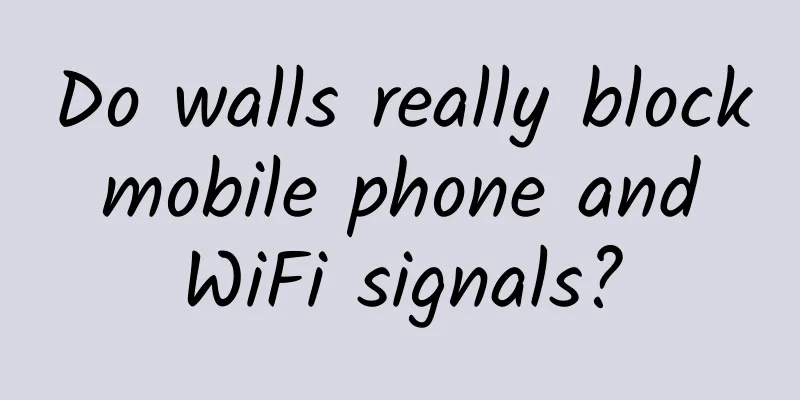A hotbed for information plagiarists, iOS reveals the Masque Attack vulnerability

|
Recently, the cybersecurity company FireEye announced an iOS system vulnerability called "Masque Attack". Attackers can trick iPhone and iPad users into installing malicious applications through text messages, emails and web links, and then use this vulnerability to implant malicious applications into user devices, replacing existing applications to obtain users' bank accounts, email accounts and other sensitive data. In addition, they can even use this vulnerability to gain control of these devices. In addition to text messages, emails, and web links, third-party markets have also become one of the important places for hackers to exploit this vulnerability. Because these third-party markets do not have as strict review standards as the Apple Store, attackers are more likely to use this to spread these malicious applications. FireEye pointed out that the reason for Masque Attack is that the iOS system does not enforce the verification of certificates of applications with the same "binding identifier". In other words, as long as one application has the same binding identifier as other applications, it can cover another application. This is why attackers need to implant malicious applications in the attacked device. FireEye also stated that they had submitted the vulnerability to Apple on July 26, and chose to disclose it now mainly because they found that the malicious application WireLurker that had spread on Mac and iOS platforms was related to this vulnerability. Coincidentally, security researcher Jonathan Zdziarski also said in his blog that the pairing mechanism of iOS is the culprit for the proliferation of malicious applications because it allows more complex variants to easily spread on Apple devices. From his explanation, WireLurker's attack method is the same as that of Masque Attack. Apple has stopped the spread of WireLurker in time, but according to data from security company Palo Alto Networks, 467 infected apps had been downloaded 356,104 times in the past six months before Apple stopped it, affecting tens of thousands of users. Since there is no news that Apple has fixed this vulnerability, there may be more similar attacks in the future. However, although the impact of the Masque Attack vulnerability is very large, it is not unavoidable. Because it mainly relies on malicious applications to obtain user information, iOS users only need to avoid installing applications from non-Apple official app stores and do not install applications on pop-up third-party web pages. |
<<: Mozilla CTO publicly blames Android and iOS
>>: Dialogue with IBM's Wang Yang: The third computing revolution behind IBM
Recommend
How wearables can help players compete at the World Cup
【51CTO.com Quick Translation】Compared to tennis a...
How much does it cost to customize the Kaifeng real estate mini program? What is the price quote for the customized Kaifeng real estate mini program?
The factors affecting the quotation of Kaifeng Re...
IC Insights: Global IoT Device Market Size Expected to Reach $62.4 Billion in 2015
According to the latest forecast report from mark...
A review of the "fights" in 2015: The right way to fight on the Internet
[[160733]] As the saying goes, "There are no...
Why has Nissan's steer-by-wire technology, which it recalled ten years ago, suddenly become popular in China?
Steer-by-wire, which has not been mentioned for a...
Meiyihao founder Lin Wenqin passed away: He was in a car accident while driving the NIO ES8 autonomous driving. He was 31 years old
Sanyan Finance reported on August 14 that today, ...
5 analyses of B station’s marketing!
In 2020, Bilibili has successfully "broken o...
ASO trends in App promotion in 2019!
The promotion war between Baidu and Toutiao for t...
How to make a WeChat red envelope cover? WeChat Red Packet Cover Making Tutorial
How to make a WeChat red envelope cover? Tutorial...
Two major benefits of frequent mergers between the top two in the Internet industry
Judging from the four O2O mergers that occurred t...
Will Russia launch a new type of nuclear weapon? What exactly is an anti-satellite satellite?
Any weapon that can destroy satellites on a large...
2021 Jiebao linkage system course "Leopard Brother Short-term Practical System Course" and "Jiebao Trading System Advanced Edition" video + handouts
2021 Jiebao linkage system course "Leopard B...
Which industries is Baidu Information Flow suitable for? How to deliver?
Which industries are suitable for Baidu informati...
When learning to cook, the beasts are not afraid of burning the bottom of the pot, but are afraid of scalding themselves! Get these first aid skills
Starting from September this year, the Ministry o...
Baidu search promotion oCPC new platform operation manual
Baidu search promotion oCPC new platform operatio...









